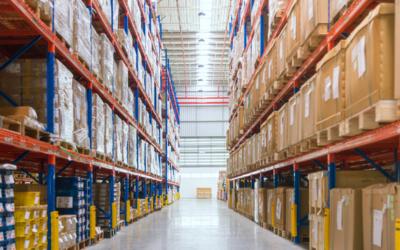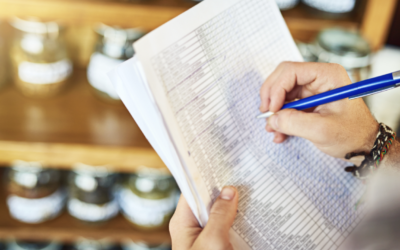The journey of food from farm to table involves a complex network of activities and stakeholders known as the wholesale food supply chain. Understanding this intricate process is crucial for wholesalers, retailers, and consumers alike. From sourcing raw materials to delivering finished products, each step in the supply chain plays a vital role in ensuring the availability, quality, and safety of food products. In this blog, we will delve into the various stages of the wholesale food supply chain, exploring the key players, their responsibilities, and the challenges they face.
Sourcing and Procurement
The first stage of the wholesale food supply chain is sourcing and procurement, where the journey from farm to table begins. Farmers and growers play a vital role in cultivating crops, raising livestock, and producing food products. These primary producers dedicate their time, knowledge, and resources to ensure a steady supply of fresh and high-quality ingredients. Wholesalers carefully select their suppliers based on a range of factors, including the quality of the products, competitive pricing, reliability, and sustainability practices.
Establishing strong relationships with trusted suppliers is crucial for wholesalers. They engage in direct communication with farmers, cooperatives, and food brokers to source the desired raw materials. This collaboration allows wholesalers to have a transparent understanding of the origins and production methods of the products they acquire. By supporting local farmers and growers, wholesalers contribute to the growth of the agricultural community while ensuring a consistent supply of fresh and seasonal ingredients.
Processing and Manufacturing
Once the raw materials are procured, the wholesale food supply chain moves into the processing and manufacturing stage. Food processors and manufacturers transform the raw ingredients into a wide array of food products that cater to different consumer preferences and dietary needs. This stage involves a series of intricate processes, including sorting, cleaning, cutting, cooking, packaging, and labeling.
Food processors prioritize food safety and quality throughout the manufacturing process. They adhere to strict quality control measures, implement hazard analysis and critical control point (HACCP) systems and follow industry standards and regulations. Continuous monitoring and testing are conducted to ensure that the final products meet the highest safety and quality standards.
Packaging plays a crucial role in preserving the freshness, flavor, and nutritional value of the food products. Manufacturers invest in innovative packaging technologies that extend shelf life, maintain product integrity, and provide consumers with convenient and appealing options. Furthermore, clear and accurate labeling is essential to provide consumers with important information about ingredients, nutritional content, allergens, and any specific certifications or claims.
Distribution and Logistics
Distribution and logistics form a critical stage in the wholesale food supply chain, ensuring the efficient movement of goods from manufacturers to wholesale distributors or directly to retailers. This stage involves a complex network of transportation, warehousing, and inventory management activities.
Efficient logistics systems are crucial to ensure timely and safe delivery of food products. Wholesale distributors work closely with logistics providers to optimize transportation routes, minimize transit times, and reduce the risk of product spoilage. They leverage technology and tracking systems to monitor shipments, ensuring real-time visibility of inventory throughout the supply chain.
Warehousing plays a significant role in maintaining the integrity and quality of food products. Wholesale distributors operate strategically located warehouses equipped with temperature-controlled environments and proper storage facilities. This enables them to store and handle perishable goods, such as fresh produce and frozen items, while maintaining optimal conditions. Effective inventory management systems help wholesale distributors track stock levels, minimize waste, and ensure product availability to meet customer demands.
Retail and Consumer Access
The retail stage is where consumers gain direct access to the food products within the wholesale food supply chain. Retailers, such as supermarkets, grocery stores, and restaurants, receive the goods from wholesale distributors and stock their shelves to provide a diverse range of options for consumers.
Retailers play a pivotal role in ensuring product availability and meeting consumer demands. They carefully curate their product assortments based on market trends, consumer preferences, and local demographics. Through effective merchandising strategies, retailers create attractive displays and layouts that engage and entice consumers. Pricing strategies are also important, balancing competitive pricing with profitability.
Unveiling the Wholesale Food Supply Chain
Understanding the wholesale food supply chain is essential for wholesalers, retailers, and consumers to appreciate the efforts and complexities involved in bringing food from farm to table. From sourcing raw materials to delivering finished products, each stage requires collaboration, transparency, and adherence to stringent quality and safety standards. By recognizing the significance of each player in the supply chain and embracing sustainable practices, we can ensure the availability of safe, high-quality food products for consumers.








